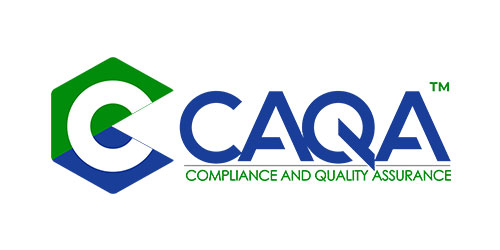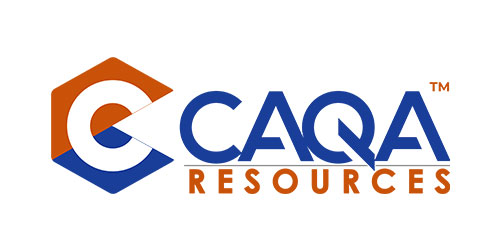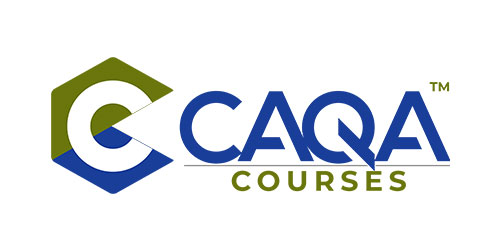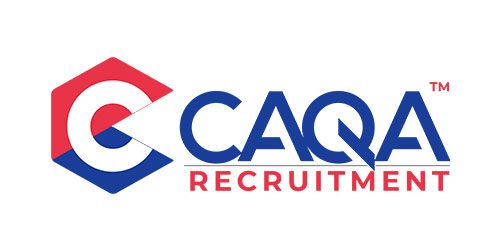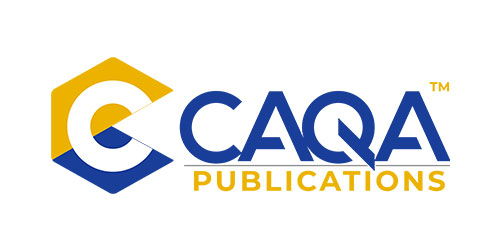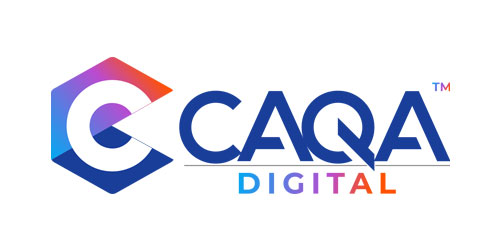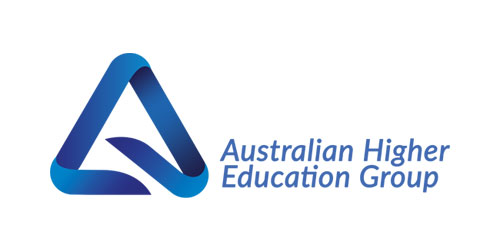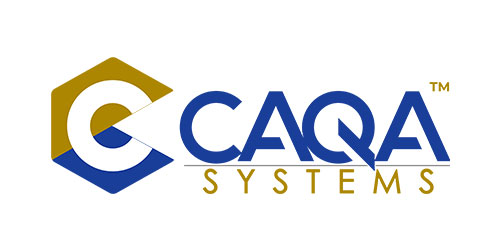
News
ASQA approves extended transition period for Early Childhood Education & Care qualifications from the CHC Community Services training package until 20 January 2023
ASQA has recently approved an extended transition period for the following Early Childhood Education & Care qualifications. The extended training, assessment and certification issuance period for this qualification ends on 20 January 2023.
CHC30113 Certificate III in Early Childhood Education and Care
CHC50113 Diploma of Early Childhood Education and Care
CHC50213 Diploma of School Aged Education and Care
CHC30213 Certificate III in Education Support
CHC40213 Certificate IV in Education Support
The qualifications will remain on the RTOs scope of registration until the end of the extended transition period unless the RTO chooses to withdraw it from scope prior.
For more information, Click here.
Strategic deliverables from ASQA’s Corporate Plan 2021-22
For the next four years, the Australian Skills Quality Authority (ASQA) has published its Corporate Plan 2021-22, which outlines the organisation’s strategic direction in the field of vocational education and training (VET).
As Saxon Rice, ASQA’s Chief Executive Officer, put it, the plan outlines the agency’s commitment to best-practice regulation of Australia’s vocational education and training industry.
For more information, Click here.
The online delivery of VET during COVID-19: part 1
This report, the first of two reports for this project, explores the vocational education and training (VET) sector’s response to COVID-19 through the increasing use of online training and assessment. The overall objective of this two-report study is to investigate the immediate response to COVID-19
For more information, Click here.
Australian border closures blamed for $2.7bn ELICOS related loss
Border closures related to the pandemic in Australia will see the country’s economy AU$2.7 billion worse off due to losses in income that would usually be generated by the ELICOS sector, according to a new analysis.
For more information, Click here.
Extra $3.2m to boost support for vocational education and training
A new funding model, backed by a $3.2 million investment, will help government schools to support their students into industry-endorsed Vocational Education and Training (VET).
Under the new arrangement, government schools will receive top-up funding of $300 for each student, or $600 for each eligible student with a School Card, enrolled in a VET qualification as part of a Flexible Industry Pathway (FIP).
The money will go directly to the school to support them with the implementation of the VET for School Students policy.
For more information, Click here.
Australia’s manufacturing sector to be revived as a result of COVID-19
IBSA Group, a workforce skills program developer, in support of National Skills Week next week, reports that Australia’s manufacturing sector will be reignited as a result of COVID-19.
More job opportunities and skills-based apprenticeships are likely to be created, due to more companies manufacturing in Australia rather than abroad, IBSA Group CEO Sharon Robertson said.
“Governments are also committed to substantial funding to re-skill our workforce in response to these challenges, which is incredibly encouraging and exciting for Australia’s manufacturing and related industries,” Robertson said.
For more information, Click here.
U.S. Invests $220M in Artificial Intelligence Research Institutes
The U.S. Department of Agriculture’s National Institute of Food and Agriculture (USDA-NIFA) and the U.S. National Science Foundation (NSF) announced a $220 million investment in 11 new NSF-led Artificial Intelligence (AI) Research Institutes. USDA-NIFA and other agencies and organisations have partnered with NSF to pursue transformational advances in a range of economic sectors and science and engineering fields — from food system security to next-generation edge networks.
In the tradition of USDA-NIFA investments, these new institutes leverage the scientific power of U.S. land-grant universities informed by a close partnership with farmers, producers, educators and innovators to provide sustainable crop production solutions and address these pressing societal challenges. These innovation centres will speed our ability to meet critical needs in the future agricultural workforce, providing equitable and fair market access, increasing nutrition security and providing tools for climate-smart agriculture.
Director of USDA-NIFA
For more information, Click here.
China Revises Law to Advance Innovation in Science, Technology
Chinese national lawmakers began deliberating a draft revision to the law on scientific and technological progress, as the country seeks to advance the quality and efficiency of its innovation in science and technology.
The draft was presented to the ongoing session of the Standing Committee of the National People’s Congress for its first reading. The lawmakers would add three chapters to the existing law which are “basic research,” “regional scientific and technological innovation” and “international scientific and technological cooperation”.
For more information, Click here.
 1800 961 980
1800 961 980 info@careercalling.com.au
info@careercalling.com.au












